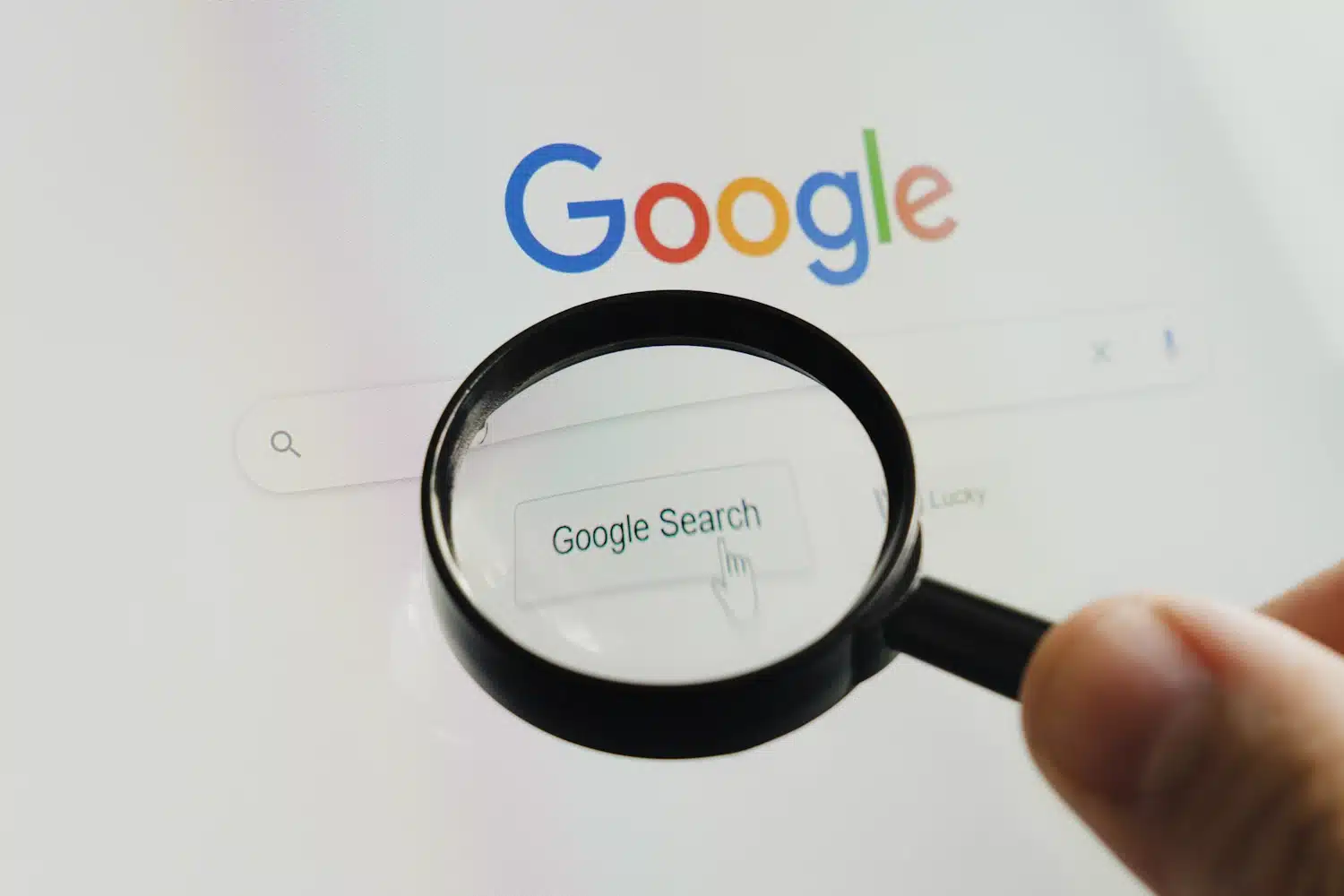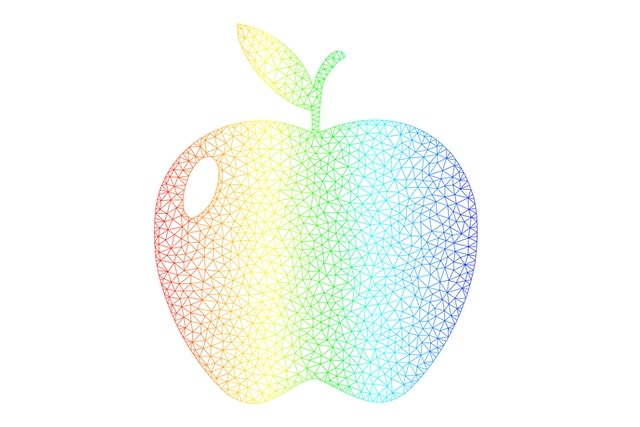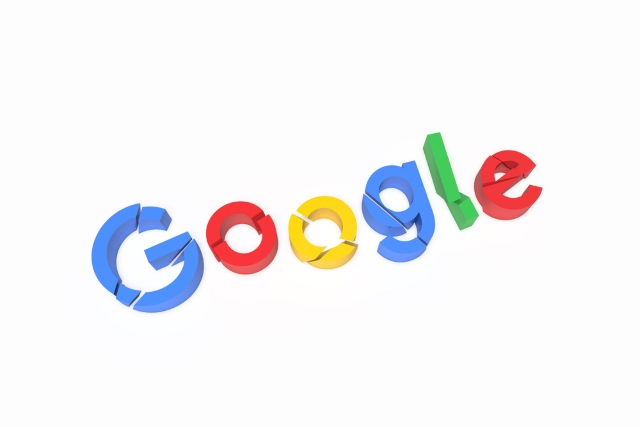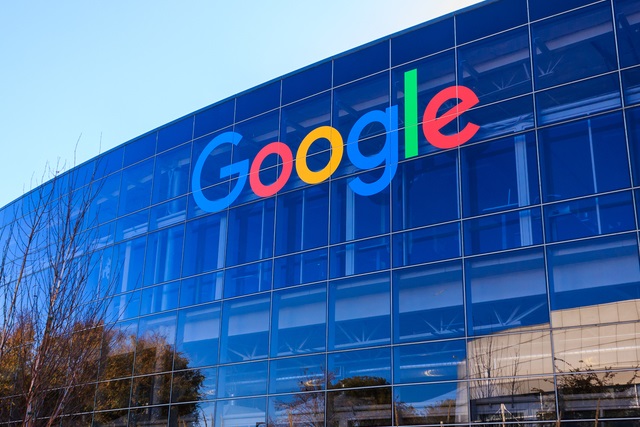
Microsoft will not release a 2025 diversity report
There has been a phase of tech companies releasing diversity reports each year, giving overviews of workforce makeups. Now Microsoft is bucking the trend.
Although the company has not said as much, the move is likely a direct response to pressure from the Trump administration. The US president has scrapped large numbers of diversity, equality and inclusion programs across government, and strongly suggested that private companies follow suit.

Google is the latest tech firm to drop diversity hiring targets following Trump’s executive orders
President Trump has issued a slew of executive orders in the early days of his second stint in the White House. Among these are several designed to cut back on government and federal diversity, equity and inclusion (DEI) initiatives that helped to boost job opportunities for underrepresented groups.
Following the executive orders and court rulings, numerous firms -- including tech companies such as Amazon and Meta -- announced that they were rolling back, revising, or killing off their DEI hiring targets. Now Google has followed suit.

Cybersecurity workforce reaches record highs but skills gap grows too
The cybersecurity workforce grew in 2023 to a record high of 5.5 million people, but the demand for skills is still outpacing growth.
A new guide from the UK's Chartered Institute of Information Security (CIISec) and ISC2 shows that globally, the cyber skills gap grew by 12.6 percent last year, with four million additional workers needed to fill the void, making recruitment more important than ever.

Younger women are going into cybersecurity but more needs to be done
New research from ISC2 shows improved representation of women under 30 in cybersecurity roles but concludes that more need to be done to improve diversity.
The study gathered responses from 14,865 people who participated in the latest ISC2 Workforce Study finds 36 percent of those under 30 were women compared to only 13 percent of those 65 or over and 17 percent overall.

DevOps, diversity, and the lens of intersectionality
One of the core principles of DevOps is to build a supportive culture, one based on collaboration and empathy. This is often overlooked in the rush to build, deploy and continuously run applications.
Empathic, collaborative environments equip DevOps teams to better understand the unique challenges they face as individuals, enhancing their ability to resolve issues together in a way that promotes a culture of blamelessness. This can help pave the route to a greater sense of psychological safety (the belief that you’re safe to take interpersonal risks, such as sharing ideas or soliciting feedback).

The (not so) secret behind successful DEI programs: build in diversity, equity and belonging, don't bolt it on
Why do organizations launch diversity, equity, and inclusion (DEI) programs? Simple: It's the right thing to do. Equity and inclusion are basic human rights. DEI is also better business. Multiple studies show companies highly rated for DEI enjoy superior employee engagement and belonging, EBIT margins, total shareholder return, revenue growth, and change agility.
DEI is clearly a slam-dunk must-have. In an HR context, DEI is the philosophical core of building and creating equal career development opportunities for all employees.

Accessible hiring practices: How businesses can cultivate a more diverse workforce
Never before has society been so acutely aware of inclusivity and, even more specifically, the efforts we must take to eliminate exclusion and discrimination against people and groups. This is especially true in the workplace, and not just within the framework established once an employee is onboarded. To bolster the hiring and retention of your workforce, businesses must not engage in hiring practices that exclude people with disabilities -- 26 percent of the U.S. adult population -- from finding its listing, applying, qualifying for the role, and sustaining employment.
It has been conclusively proven that artificial intelligence algorithms used in corporate employment processes are highly biased against individuals with disabilities. To weed out anomalies in the hiring process, AI systems "necessarily produce and reflect a normative vision of the world," as the AI Now Institute at NYU puts it. Nevertheless, AI's understanding of the "normal" invariably excludes those with disabilities.

Diversifying our spaces for stronger communities
Innovation cannot exist without diversity. As cities and urban areas look to build stronger, more sustainable communities, appropriate preparation must be undertaken to ensure that plans are suitable for every citizen. This means dedicating time into the planning stage, where local authorities and partners consider what citizens need from their environment. In other words, to build smart cities and communities, they must be designed and executed with inclusivity in mind, thinking of the potential barriers that could be faced by individuals.
For smart cities, there is an element of informed prediction. Looking back at buildings made at the start of the last century, it’s clear they were built with the intention to last. When we look at transforming our cities now, we must adopt the same long-term view. However, the choices we make today must be clear in what they want to achieve in the decades to come and must be ready and capable of adapting and evolving, as humans do.

Are cybersecurity teams underusing female talent? [Q&A]
It's reckoned that women make up only around a quarter of the cybersecurity workforce. And yet the women who do work in the sector are generally better qualified than their male counterparts.
Despite this there is still a clear divide across the technology sector generally, in both treatment and pay. So, is the cybersecurity sector under-utilizing female talent? And what advantages can a more gender diverse workforce deliver?

Fintech sector will struggle with global talent shortage
The first quarter of this year has seen a massive 182 percent growth in tech roles within fintech, three times the pace of general market.
Figures from recruitment firm Robert Walters show that one in three new hires within fintech companies around the globe are software engineers and developers. Also the top eight fintech 'mega-hubs' account for over 90 percent of all new fintech jobs advertised around the globe.

Apple is giving Siri a new less gendered option recorded by an LGBTQ voice actor
In iOS 15.4, Apple is introducing a new voice option for Siri. The latest addition is a voice that is described as being "less gendered" and is being introduced to increase diversity.
This is not the first time Apple has used its digital assistant to promote inclusivity, having previously introduced black-voiced Siri options. The company says it is giving users the ability "to choose a voice that speaks to them".

Information security industry at risk from lack of diversity
Unless the information security industry can embrace greater diversity -- in gender, age, ethnicity, disabilities and experience -- it will face a stagnating workforce and be unable to keep up with a rapidly expanding skills gap according to a new report.
The Chartered Institute of Information Security (CIISec) finds that 89 percent of respondents to its survey are male, and 89 percent over 35, suggesting the profession is still very much in the hands of older men.

Google's latest diversity report shows little has changed at the company
Google has published the latest edition of its diversity report in which the company highlights the makeup of its workforce in the name of transparency.
Despite Google's seemingly endless claims that it wants to do more to improve diversity, the report shows that little has changed over the last year. Women still account for less than a third of the workforce, and the company has a high attrition rate for black employees.

Sundar Pichai writes note to employees saying anti-diversity memo violated Google's code of conduct
The fallout from James Damore's anti diversity memo has been swift and wide-reaching. The senior software engineer was dramatically fired after expressing views which ran counter to Google's drive for diversity in the workplace.
Company CEO Sundar Pichai responded to the memo in an internally-circulated note to staff which was then also shared publicly. In it, he acknowledged the furor surrounding the memo and said that "portions of the memo violate our Code of Conduct and cross the line by advancing harmful gender stereotypes in our workplace."

Google fires employee who criticized its diversity policies
The senior software engineer who penned the now-infamous anti-diversity manifesto has been fired by Google. James Damore confirmed that he was fired for "perpetuating gender stereotypes," but says that he is "currently exploring all possible legal remedies."
Damore says that he has now been in touch with the US National Labor Relations Board (NLRB), pointing out that it is "illegal to retaliate against an NLRB charge." The "Google's Ideological Echo Chamber" memo written by the now-former employee went viral internally at Google before leaking to the internet shortly afterwards.
